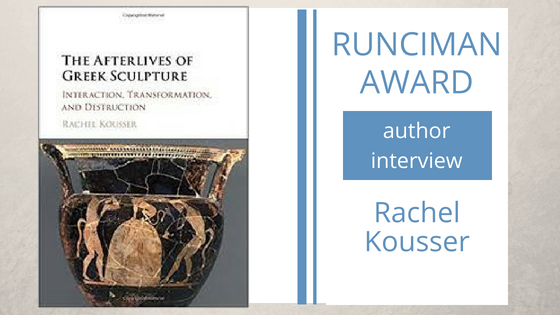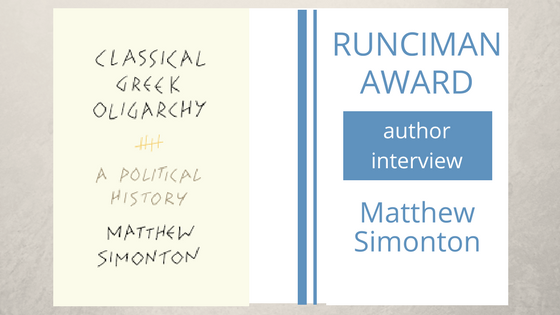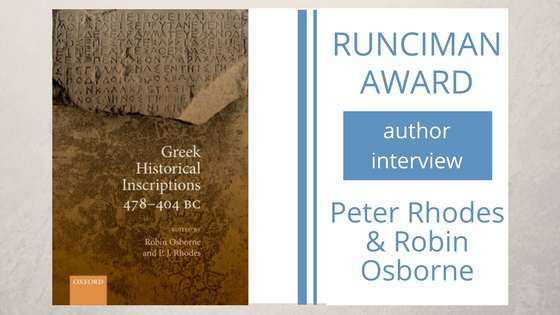Matt, thank you for taking the time to talk to us about your book, Classical Greek Oligarchy: a Political History, which has a wide frame of reference. You not only cite a very wide range of ancient authors and sources, you also bring in modern political theorists and examples from modern political situations to support your analysis. But then you seem to have studied several different disciplines at university; not just classics and ancient history but modern politics and political theory, and theatre too. Can you tell us a little about yourself and how you made these choices? Do you think perhaps the American university system gives more freedom to cross boundaries between academic disciplines than a British university would normally do?
I’ve always been interested in the “big picture” concerning politics and society. As an undergraduate, despite being a Classics major, I think it’s fair to say I was obsessed with political philosophy and political theory, and read them every chance I got.





